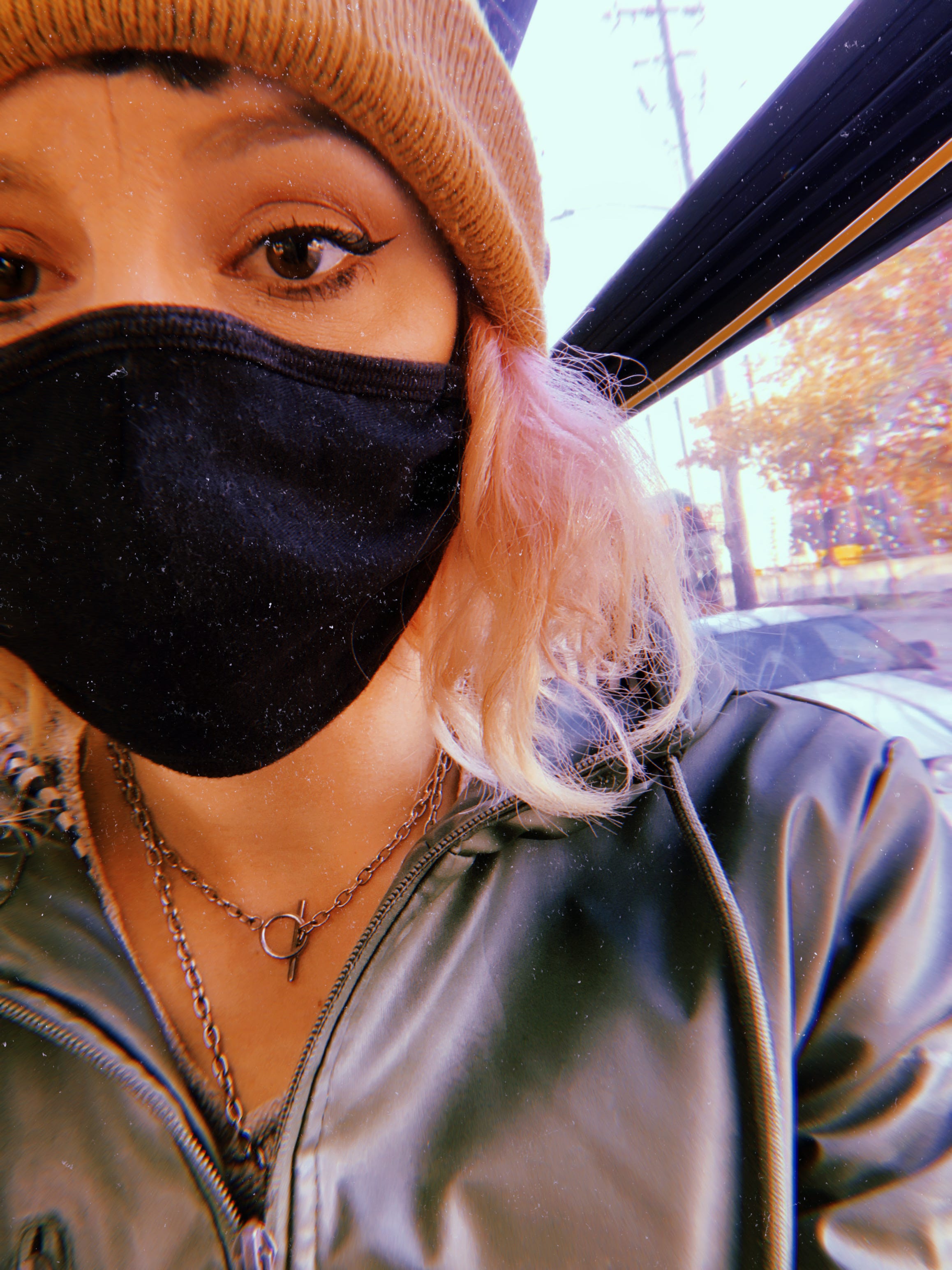What We Don’t Talk About When It Comes to Suicidal Ideation
For the longest time, I didn’t feel comfortable talking about my mental health.
I thought that if I played by the rules and didn’t get in anyone’s way, things would eventually work out.
The first time I became suicidal was when I was 16. I felt like I was doing everything right, but misery still followed me everywhere. I felt increasingly out of control, isolating myself from the rest of my family. I was angry, but at what? And why?

At the time, I seriously asked myself which was worse: staying alive and living a lie or killing myself and going to hell.
Following my first hospitalization in 2009 at the age of 17, a decade passed before I thought about taking my life again. It was May 2019, and I’d spent over half a year attempting to drink myself to death before deciding that I wanted a quicker method.
I remember sitting under a tree calling my parents in between sobs and being honest with them about what was going on. The helplessness they must have felt haunts me to this day.


If you’re familiar with my story, you know what happened next. My therapist helped me get into detox, I got sober, got on meds, and things looked like they were getting better. I even started a new relationship, because that’s what healthy people do, right?
My third brush with suicide occurred a little over a year after quitting alcohol. I’ve never really talked about it, because the circumstances surrounding it were relatively mundane. All I remember is one day I felt like living, and the next day I didn’t.
While I wasn’t going through a crisis per se, the will to live just wasn’t there. I would visit my boyfriend and spend hours unable to muster the energy to converse or otherwise engage in normal activity. I started purging again and taking downers before I saw anybody in order to forget that the reason for my listlessness was inside myself.
There was a day in October 2020 when I took a bus to downtown Seattle. I’d created a suicide playlist on Spotify, which I had on a loop. I walked to the central library — one of my favorite spots in the city — and lay in the grass with my hands folded across my chest.
I remember thinking, What now?



I took the bus home. I might have watched TV. Maybe I even binged and purged. But I kept myself alive…for another day, at least.
While I eventually owned up to my feelings, ended things with that boyfriend (with whom I’m still good friends to this day), and started becoming engaged with the world once more, something bothered me. If I had become that suicidal so quickly and unexpectedly, what’s to say it couldn’t happen again? How could I maintain relationships knowing that my heart was basically a ticking time bomb?
As I’m writing this, I’m in a completely different place than I was a year ago. I’m working on my eating disorder and substance use, am back in school, have an incredibly robust support system, and am opening myself up to romance again. On most accounts, I’m looking forward to the future.
But if there’s anything I’ve learned from my nearly lifelong struggle with depression, it’s that there is no such thing as foolproof insurance for suicidal ideation. For all I know, it could hit me tomorrow. So how am I supposed to live my life with that knowledge?
Shit happens. Life is hard. Relationships come and go. Sometimes, I will want to Not Live.
That doesn’t mean I’m broken.

Since I started my mental health podcast and began opening up about my experiences, I still find it hard to talk about suicide. Maybe it’s because I never actually made an attempt, so I feel like it wasn’t real. Or maybe I haven’t found a perfect way to convince others to stay alive, and the guilt keeps me silent. But suicidal ideation is pretty damn common, and the more we talk about it, the more we take away its power.
If anyone approaches me and tells me they’re thinking about suicide, I promise I won’t judge. Yes, I will try to connect them with resources. Yes, I will tell them what an incredible person they are and how I truly believe the darkness can and will pass. But I will never make them feel like a criminal for thinking of taking their own life. (For this reason, I encourage the use of “died by” rather than “committed” when referring to someone’s suicide.)
It’s normal to feel like life isn’t worth living. There’s no guarantee that if you survived suicide or suicidal ideation, you’ll never feel that way again. But you’re in good company. And that makes all the difference.
If you or someone you know is struggling with the things I wrote about, please reach out to someone. It’s scary, but I promise they will be glad you told them. Additional resources can be found here.
